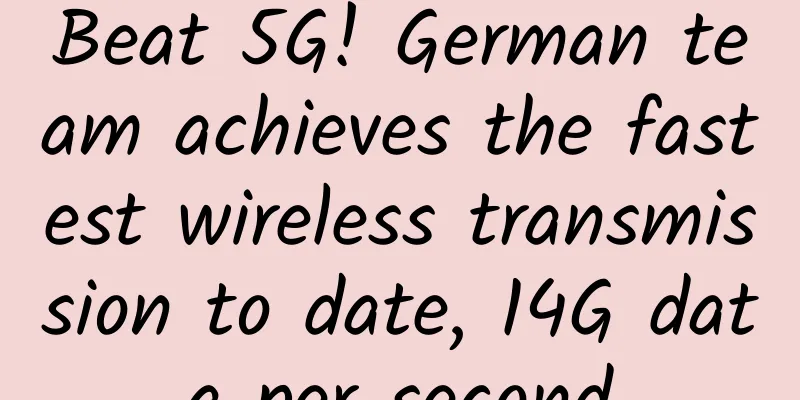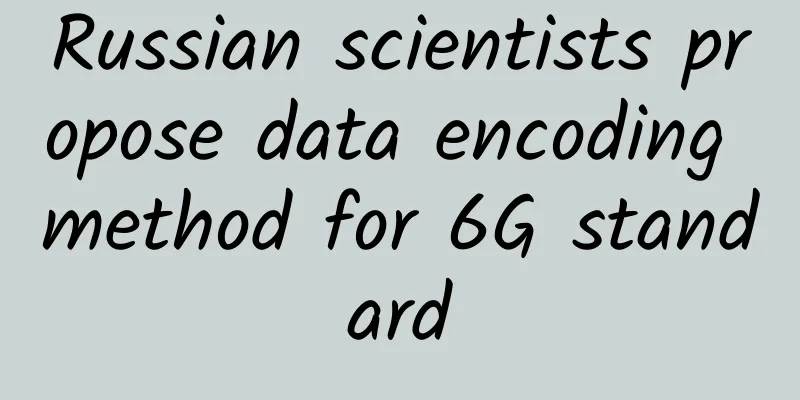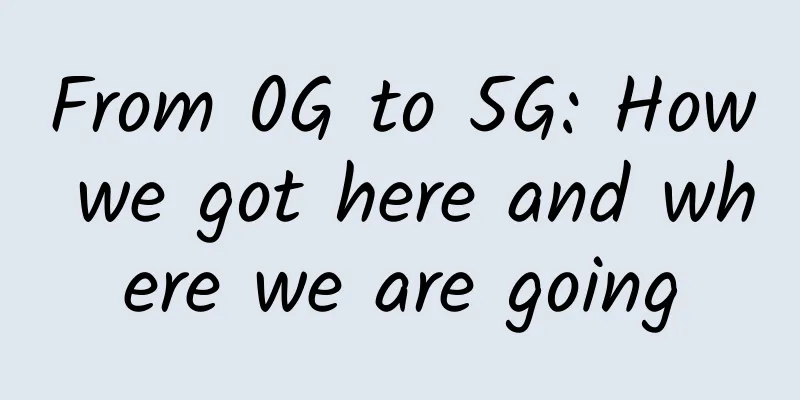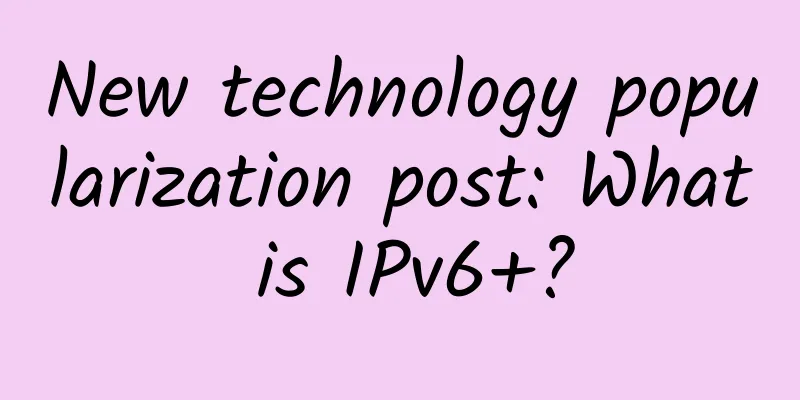Survey: U.S. users are dissatisfied with internet service providers, with satisfaction ranking near the bottom
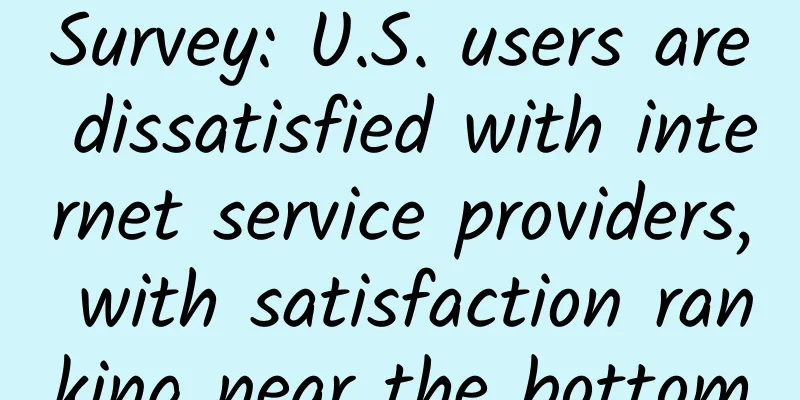
|
On June 8, a research organization recently released the annual survey results of the American Customer Satisfaction Index (ACSI), revealing people's true feelings about the services provided by Internet Service Providers (ISPs). The "2022-2023 Telecommunications Study" report released by the American Customer Satisfaction Index (ACSI) is based on interviews with more than 22,000 customers and shows that Internet service providers scored 68 points on a scale of 0 to 100. This score is not high, but it is 6 points higher than in 2022. This is the highest score the industry has received in more than six years. It’s worth noting that these companies performed even worse than the U.S. Postal Service, social media companies, and cable TV. Of course, this time around, the Internet provider did better than the gas station, with a higher satisfaction rate than the latter, which is an improvement. It’s also worth noting that for the first time, the survey broke down fiber and non-fiber providers into categories. Fiber service providers scored an impressive 75 points, while non-fiber service providers scored 66 points, still two points higher than last year’s figures. The highest-scoring internet service provider was AT&T Fiber, which scored 80. This helped the company surpass Verizon Fios, which rose from 72 to 75 but ranked fourth in the new rankings. CenturyLink and Google Fiber ranked second and third, respectively, in the fiber-optic internet category. Americans clearly prefer fiber-optic internet service over other internet connection options. In the non-fiber rankings, T-Mobile Home Internet, which ranked second in the overall rankings last year, took the top spot with a score of 73, a two-point improvement over its impressive performance last year. The 5G fixed wireless provider also scored well above the non-fiber internet average of 66. Other ISPs that scored above average in this category were AT&T Internet (72), Sparklight (71), Kinetic by Windstream (70), and Xfinity (68). Of the companies named in the report, Optimum scored the lowest, and was the only ISP to see its score drop compared to the previous year, from 59 to 58. The American Customer Satisfaction Index (ACSI) broadband data shows that fiber-optic service is rated much higher than other types of internet connections, which echoes the findings of the recently released OpenSignal Broadband Experience report, which ranked Verizon Fios as the best provider for service consistency. The survey also ranked AT&T Fiber and Google Fiber (which both ranked in the top three in the survey) in second and third place. JD Power will release its annual survey results this fall, and it may be interesting to see what the company has to say about the home Internet industry. |
<<: The Matter protocol is rising rapidly. Do you really understand it?
>>: CAN bus: operating principle, advantages and disadvantages
Recommend
What are the remaining obstacles to China's 5G?
With the news that Nokia and Ericsson won the bid...
HTTP/[0.9 | 1.0 | 1.1 | 2 | 3]
[[379542]] This article is reprinted from the WeC...
The development of the Internet of Things depends on technological progress
The Internet of Things is an important part of fu...
How long will it take for 5G to be fully commercialized? Why?
Recently, a netizen asked, how long will it take ...
WePC: 232 yuan/year Los Angeles VPS triple-network backhaul cmin2/9929/cn2, 512MB/10G NVMe/500GB@300Mbps
At the end of last month, I shared the informatio...
The difference between hybrid WAN and SD-WAN
The concepts of hybrid WAN and SD-WAN are often m...
Grid development puts forward new requirements, 5G empowers new upgrades
The emergence of electricity has completely chang...
[Black Friday] spinservers: $270 off San Jose high-end servers, dual E5-2683 v4, 512G memory, 2*3.83T SSD, 10Gbps bandwidth
There are still a few days before Black Friday, a...
Distinguish between fat AP and thin AP, full WiFi signal coverage will be easy
Wireless AP is an access point for users who use ...
Friendhosting Summer Promotion: All VPSs are as low as 55% off, and unlimited traffic for 10 data centers for half a year starts from 8 euros
Friendhosting sent a promotional email yesterday ...
POTN: The Future of Optical Transport Networks
Packet Optical Transport Network (POTN) is a rapi...
Attention! Eight pitfalls in managing integrated cabling systems
After nearly 20 years of development, the integra...
Low Power Wide Area Network (LPWAN) Technology – Benefits and Testing Challenges
What is LPWAN? The Internet of Things (IoT) refer...
Behind the surging IPv6, how much do you know about the DHCPv6 protocol?
With the popularization of IPv6 technology, DHCPv...
Five-minute technical talk | A brief discussion on WebSocket protocol-RFC 6455
01 Introduction WebSocket is a network communicat...

